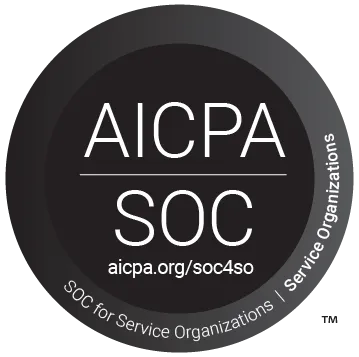Portland’s transit options are enviable–TriMet buses, MAX Light Rail, Portland Streetcar, and the Portland Aerial Tram(!). Keep reading to learn more about commuter benefit mandates, vanpools, bikeshares, and employer discount passes.
Does Portland have a transit benefit mandate for employers?
No. Employers are allowed to offer pre-tax commuter benefits to their employees, but are not required to do so by either the State of Oregon or the City of Portland.
What transit benefits do Portland employees most want?
To take advantage of pre-tax transit benefits, employers must offer employees the opportunity to set aside a portion of their income before taxes. This amount is set by the federal government each year, and is $325 per month in 2025. This money can only be used for qualified transit expenses.
In Portland, most employees spend their pre-tax transit funds on TriMet. TriMet offers two ways to pay: monthly passes and pay as you go.
- Monthly passes are available for TriMet, C-TRAN (local and regional), and the Portland Streetcar. Employees need to acquire a Hop Card, and employers can work directly with TriMet or a third party benefits administrator to ensure the correct monthly pass is loaded onto the card each month.
- Pay as you go is more popular for employees that commute less than five days a week or commute across more than one system. Employers work with a third party benefits administrator to load the employee’s pre-tax transit funds onto a special card that is restricted to only be accepted for qualified transit expenses.
Amtrak is also a popular choice for Portland commuters. Amtrak offers monthly passes and 10-ride passes out of Portland.
Employees can be responsible for the full $325 per month, or their employer can contribute a partial or full subsidy. As long as the total of the employee and employer contributions are below $325 a month, the benefit is pre-tax.
What do Portland employers need to know about vanpool?
The federal commuter tax benefit also allows employees to pay for vanpool expenses as a tax-free benefit similar to transit. Vanpools, also known as “commuter highway vehicles”, are highway-ready vehicles that seat at least 6 adults (not including the driver).
To qualify as a vanpool, 80% of the vehicle mileage must be for transporting employees between their homes and workplaces where at least one-half of the passenger seats are occupied on average.
The monthly pre-tax deduction limit applies to vanpool and transit combined. Read more about vanpools in Oregon.
What do Portland employers need to know about bikes?
Under the federal commuter tax benefit, bicycles were included as a tax-free benefit until 2017, when it was suspended until 2026. Under that provision, employers could provide employees who bike to work up to a $20 a month tax-free subsidy as an alternative to receiving other tax-free benefits.
The suspension of the tax-free bike benefit hasn't stopped several major employers from offering annual bikeshare memberships or monthly contributions towards owning and maintaining bikes. Read more about bikes in our Comprehensive Guide to Post-Tax Benefits.
What do Portland employers need to know about parking?
The federal commuter tax benefit allows employers to offer their employees a tax-free benefit for commuter parking. Under this provision, employees can park at locations from which they commute by transit, vanpools, or carpools and get tax-free reimbursement for the parking expenses—up to $325 a month in 2025—in addition to receiving a transit and/or vanpool benefit of up to $325.
Can Portland employers buy discounted transit passes from transit agencies?
Portland’s TriMet offers an annual pass with a flat discount to employers for the cost of 11 months’ fare. Read more here.
Why are commuter benefits good for employers?
- Employers can reduce their payroll taxes because the payroll set aside for pre-tax transit benefits are not taxable income. Payroll deductions save employers directly.
- Pre-tax benefits make employers more competitive for top talent.
- Commuter benefits make employers more willing to embrace return-to-office mandates.
- Incentivizing transit usage reduces demand for parking, which can be expensive for employers to provide.
- Pre-tax transit benefits are a relatively low cost, high impact, and demonstrable commitment to carbon reduction and environmental sustainability. Jawnt can help you measure and report the carbon your organization is saving by supporting transit.
Want to learn more?
Jawnt’s team of transit planners and benefit administrators are available to help you understand your options, requirements, and find a solution that will satisfy employers and employees alike. Drop us a line today to get started.











